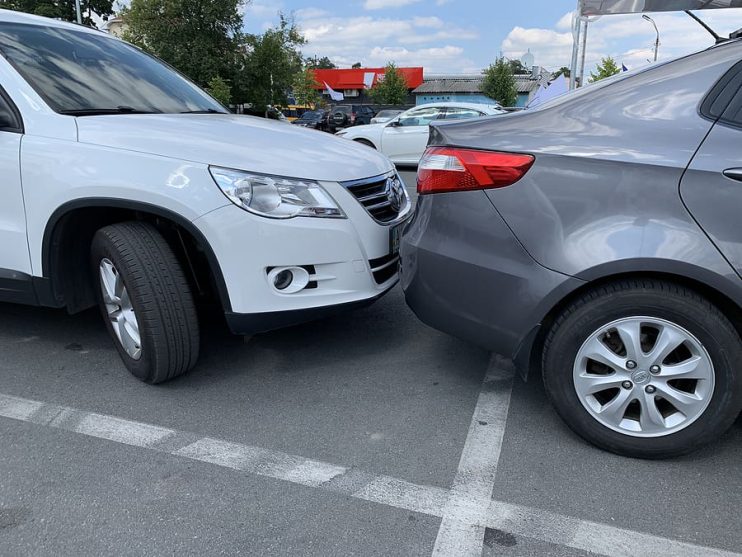
Cars are getting bigger. Spaces are getting smaller. Car parks are overcrowded. Parking a car can be a nightmare, especially at 3.30pm on a Sunday afternoon, when everybody’s popping out to grab some bread, milk or a bottle of wine that they’ve forgotten. In the past, we’ve discussed what steps you need to take if you are involved in a car park accident… But as prevention is better than cure, how can you avoid one?
Avoid the distractions
It’s surprisingly easy to get completely distracted in your car. There’s the music, the mobile phone can suddenly ring (and although you won’t answer it, it could still disturb your concentration) and don’t even get us started on the kids in the back of the car. Turn everything off, and make sure you have all your wits about you. Anything can happen in car parks, particularly those connected to shopping centres, where kids and adults can suddenly dart out from in-between vehicles.
Set the mirrors
Even before you set off in your vehicle, make sure your mirrors are set up so you can drive better and park better too. The last thing you want to do is get into a pressure situation in a car park and then have to readjust the mirrors to check you’re in the lines. Side mirrors are important when parking, and you may want to consider adding blind spot mirrors to your side mirrors.
Park properly
Yes, you can be anywhere in between the two lines, but squeezing right up against one of them will make it difficult for both you and other cars to open the door, without dinging each other’s bodywork. And definitely don’t be that guy or woman who parks in the pick-up bay, disabled space, or across a couple of bays, because you’re in a rush. It just causes inconvenience to others.
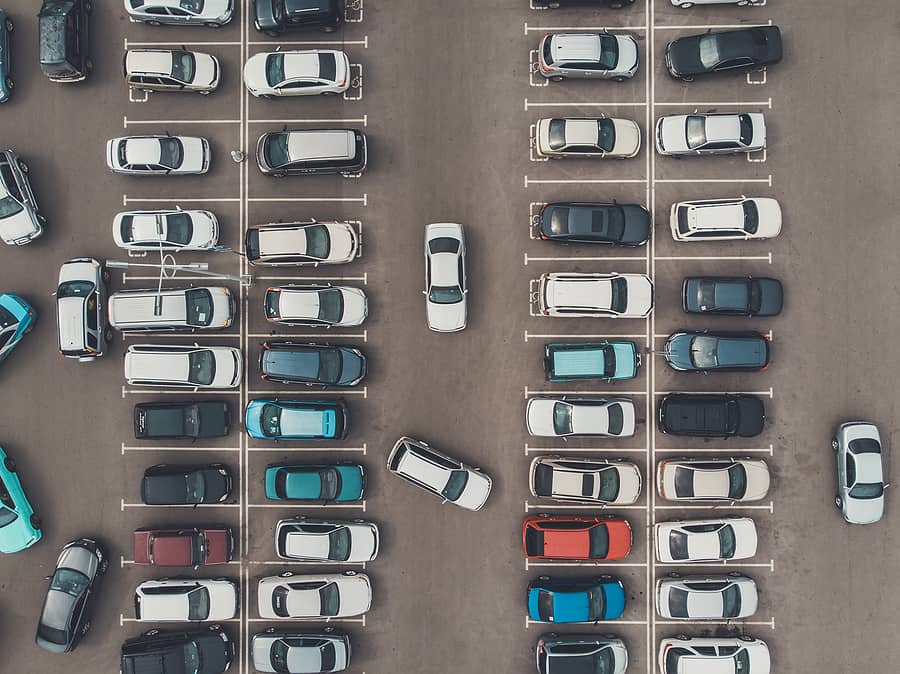
Pick your spot carefully
Many people like to be as close to the building as possible, when it comes to parking, but due to the congested nature of this area, you’re increasing your chances of a collision. You may be better off choosing a space that has one or no neighbouring parked vehicles, or picking a spot at the end of the row, giving you the room to park easily and get out quickly. If you can’t find a spot without neighbours, folding in your wing mirrors will prevent you getting a ding from a car that squeezes in a little too closely.
Avoid the obstacles
We’re talking about anything from trolley bays to poles and lampposts. All of these can damage your doors on opening, if you’re not careful enough, or if your driving goes a little off centre then you could impact the bodywork. Parking, especially under pressure on a weekend afternoon, can be difficult enough. Give yourself the luxury of not having to watch out for posts and pillars, by parking well away from obstacles.
Choose the cars your park next to with care
No one wants to come back to their car and find it’s been hit, scraped or damaged. Consider your neighbours when you’re parking. A big white van covered in dirt and muck or a tatty old poorly parked SUV are much more likely to prang you on the way out of their bay than a well-kept hatchback. Let’s face it. If they don’t care about their vehicle, then they’re hardly likely to care about yours.
Take your time
There’s no need to rush. And don’t feel pressured by other drivers. Give yourself plenty of time to get into the space and if you are on a deadline for an appointment or to pick up the kids then leave with plenty of time to park. Don’t rush around the car park looking for that last space, give other drivers room and time too – and the same goes when leaving your space, take care to look out for other cars and people who could be using the car park.
Parking sensors, electronic aids and cameras
Many modern cars come with backup cameras, motion sensors and even parking assist systems that will go the whole hog and park the car for you. Make sure you know how to use these. If you have a new car it may be worth going to a large car park on a Sunday morning and having a practice. It’s great to get all the help you can muster.
Use those signals
They’re on the car for a good reason. Let other drivers know your intention by using signals early and often. Don’t be one of those people who puts on signals late. Failure to signal could result in you and another driver both turning into the same space and crashing, in which case both insurances companies would probably assign blame on both of you – increasing premiums following a claim.
Spatial awareness – where is your car heading?
This may sound obvious, but cars, vans and SUVs come in a variety of sizes. When you get a new car take the time to familiarise yourself with its capabilities. Find out its extremities, get used to the mirror position, see how far back you can go, and work out a safe turning circle.

Watch out for stray shopping trollies
Especially in the larger supermarket car parks in bad weather. Trolley wheels, whilst notorious for having a mind of their own in the shop, can often allow trollies to move at quite some pace during gusty weather. You could be sideswiped by a trolly coming out of nowhere, smashing into your car and causing dents and scrapes on the paintwork.
Reverse in, drive out…
Reverse parking also makes it easier to get the car out of a space – as your chance of having an accident increases when blind reversing out of a space into car park traffic Many drivers find it easier to back up into a static, predictable space when parking that to back out into areas where they may be vehicles moving when leaving the space. If you haven’t reverse parked, and if you’re carrying a passenger, then get them out of the car to guide you out of your space.
And finally…
We can’t stress this enough, but practice definitely makes perfect. If you want to feel more relaxed when you’re parking up in a busy car-park, then get some manoeuvrers in before you go to the supermarket or the National Trust location on a busy Sunday afternoon. Start with early mornings and build yourself up. In next to no time you’ll be an expert of the parking world. And if you do have a crash, stay calm, don’t panic and follow our advice.

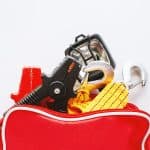
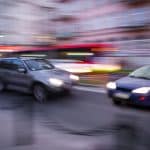
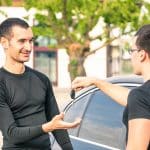

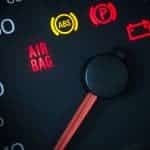
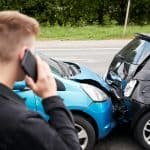
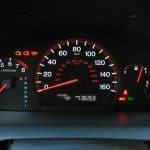
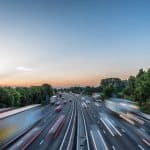

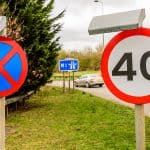
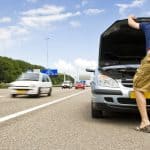

.png)